On July 15, 2025, Poltava Polytechnic hosted a profound and empowering art therapy session titled “The Light Within Me”. The event brought together students with internally displaced person (IDP) status and those otherwise affected by the war. Under the guidance of experienced trainers, Associate Professors Lesia Klevaka and Viktoriia Shevchuk of the Department of Psychology and Pedagogy, participants embarked on a journey to reconnect with their source of hope, resilience, and warmth.
The purpose of the session was to help each participant find their inner resource, as war is a deeply traumatic experience, often accompanied by the loss of a sense of safety, control, social bonds, and even parts of one’s identity. In such conditions, people may feel emotionally exhausted and apathetic, as if their inner light is beginning to fade. Art therapy, through the metaphor of “inner light”, becomes a powerful tool – unlike material things that can be lost, the inner light is inalienable, something that always remains within. Working with this symbol helps shift the focus from painful losses to one’s enduring inner value, dignity, and strength.
The journey to this inner source of power began with a warm-up exercise called “My Name and a Ray of My Day”, where participants shared a small joy. In the context of chronic stress, when the psyche tends to fixate on negativity, this simple ritual helps train the brain to notice positive moments – a fundamental building block for psychological resilience.
The core of the session was a deep art exercise titled “My Inner Light”. Using paints and pencils, each participant visualised their unique image of light. In art therapy, this process of externalisation is essential, as it makes the invisible visible: an abstract feeling of hope or strength becomes a tangible image on paper – such as a flame, a star, or a firefly – that one can engage with. This restores a sense of control, and the resulting image becomes a visual anchor, a reminder that the source of strength lies within.
To reinforce this experience not only on a conscious level but also physically, a body-based grounding exercise called “Igniting Myself” was conducted. Since trauma “lives” in the body, manifesting as tension and physical constriction, this practice, based on embodiment principles, helped participants feel warmth and light spreading throughout the body, releasing tension and restoring a sense of inner calm and a safe “home” within themselves.
To conclude the session, participants created a collective “Circle of Light Words” by writing words they associated with light on slips of paper, such as “hope”, “trust”, and “support”. This ritual plays a vital role, as trauma often leads to isolation. Hearing that others share similar values helps a person realise they are not alone in their struggle – or their strength.
As the participants themselves noted: “We are all carriers of light. Even when it’s dark around us, it remains within. It can be remembered, found, and reignited”.
Such sessions are essential during wartime. They do more than help process emotional strain – they restore the most vital things: a connection with oneself, a sense of inner indestructibility, and faith in the ability to be a source of light for oneself and others.
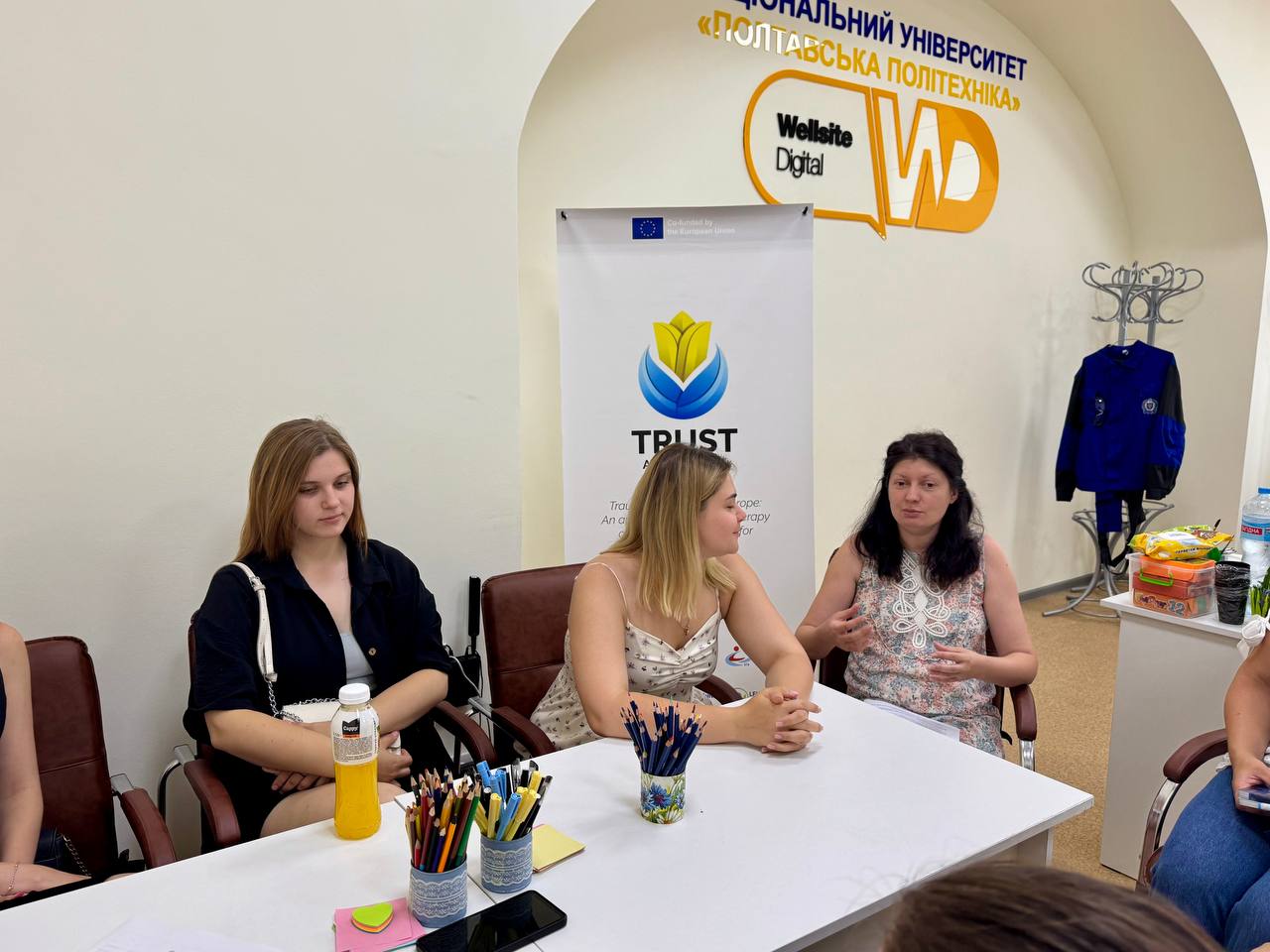
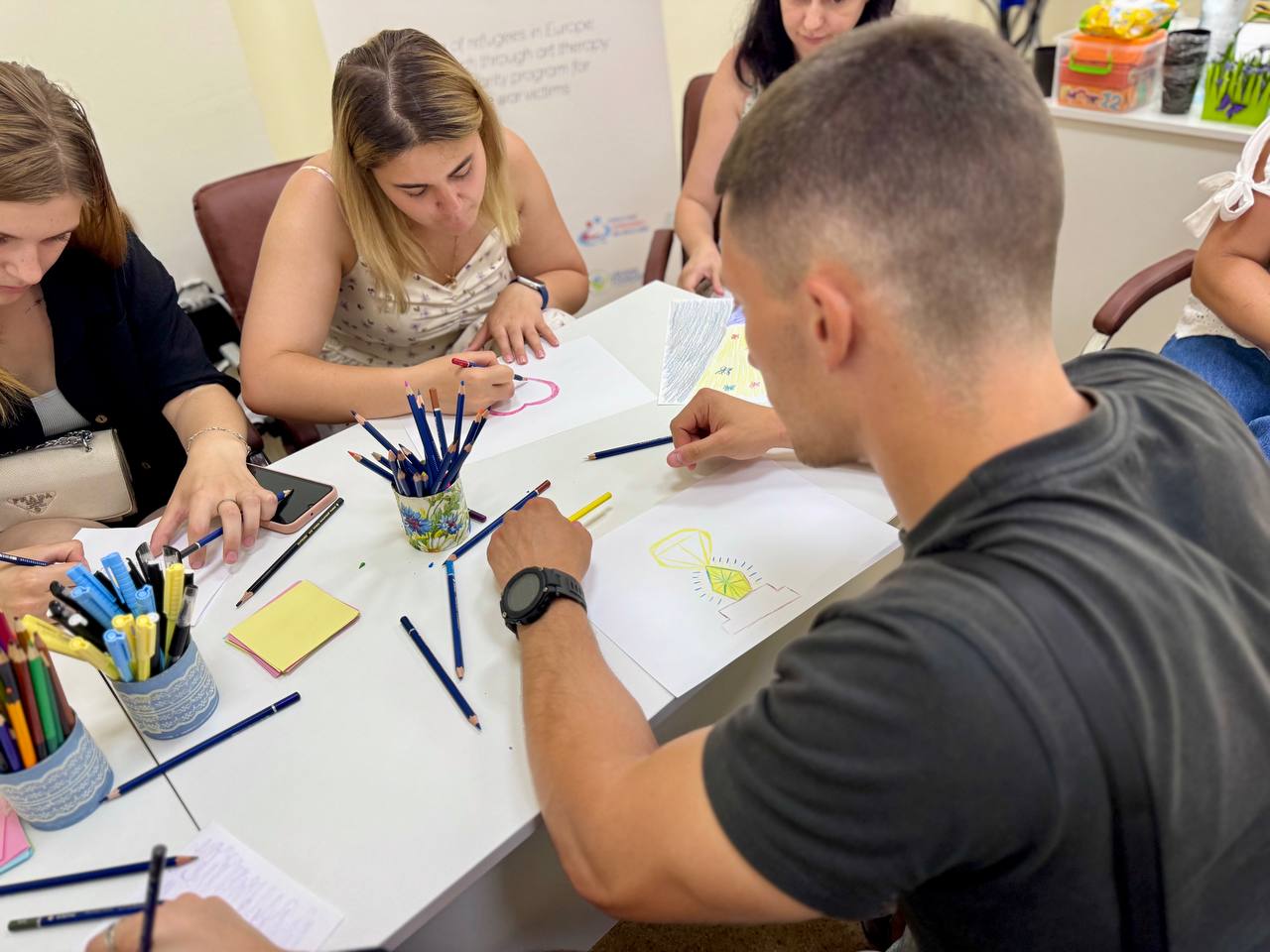
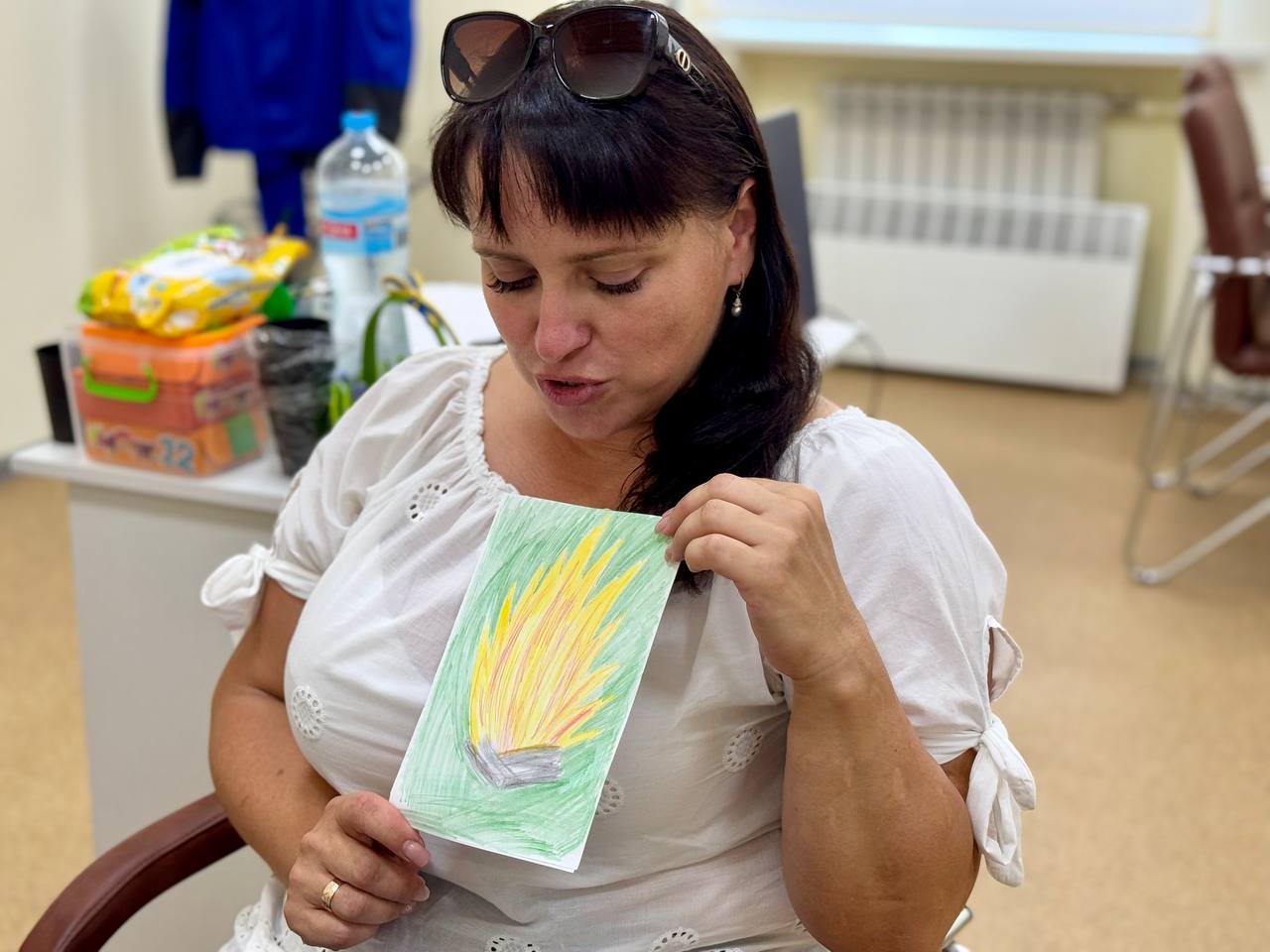
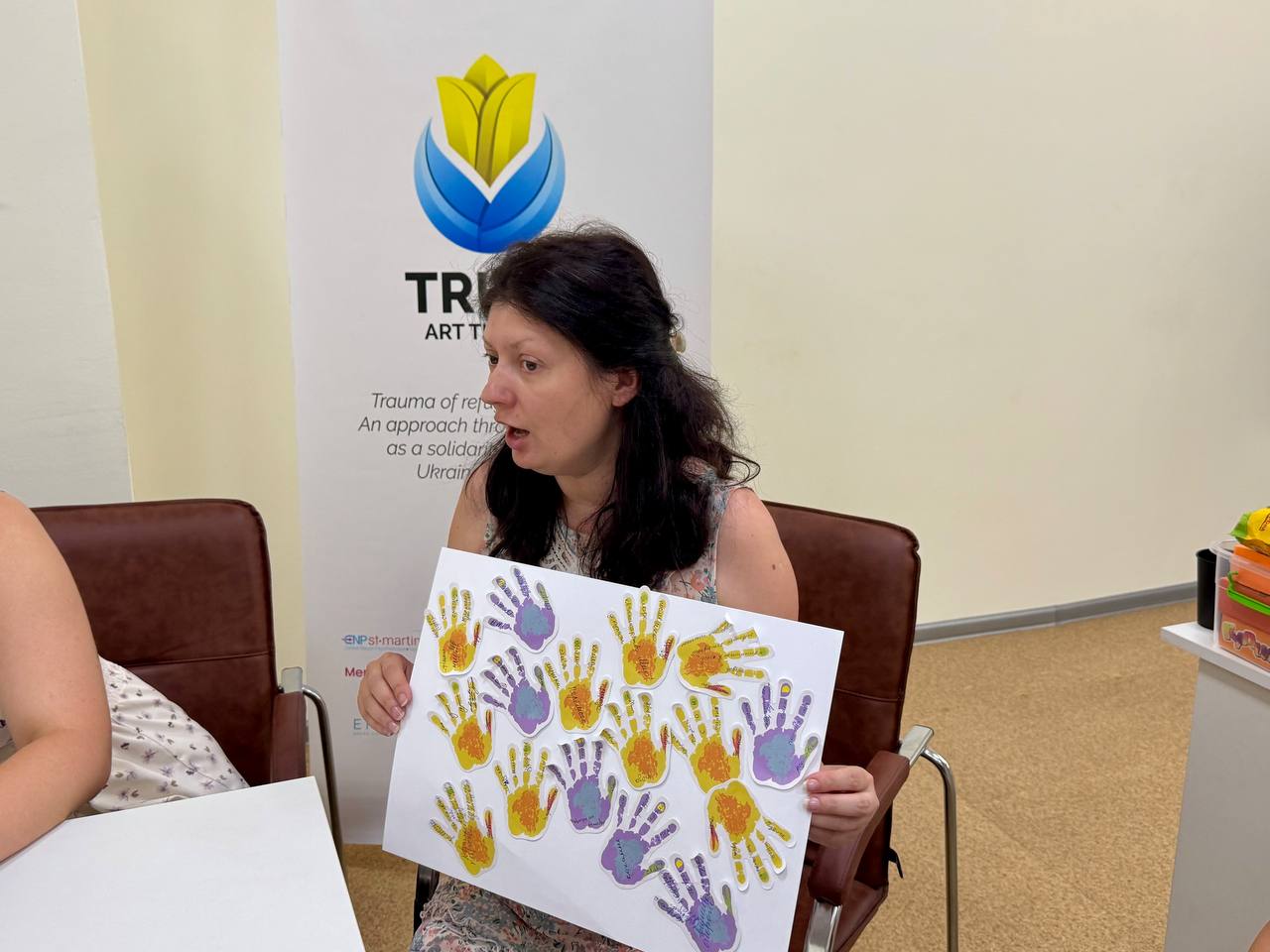
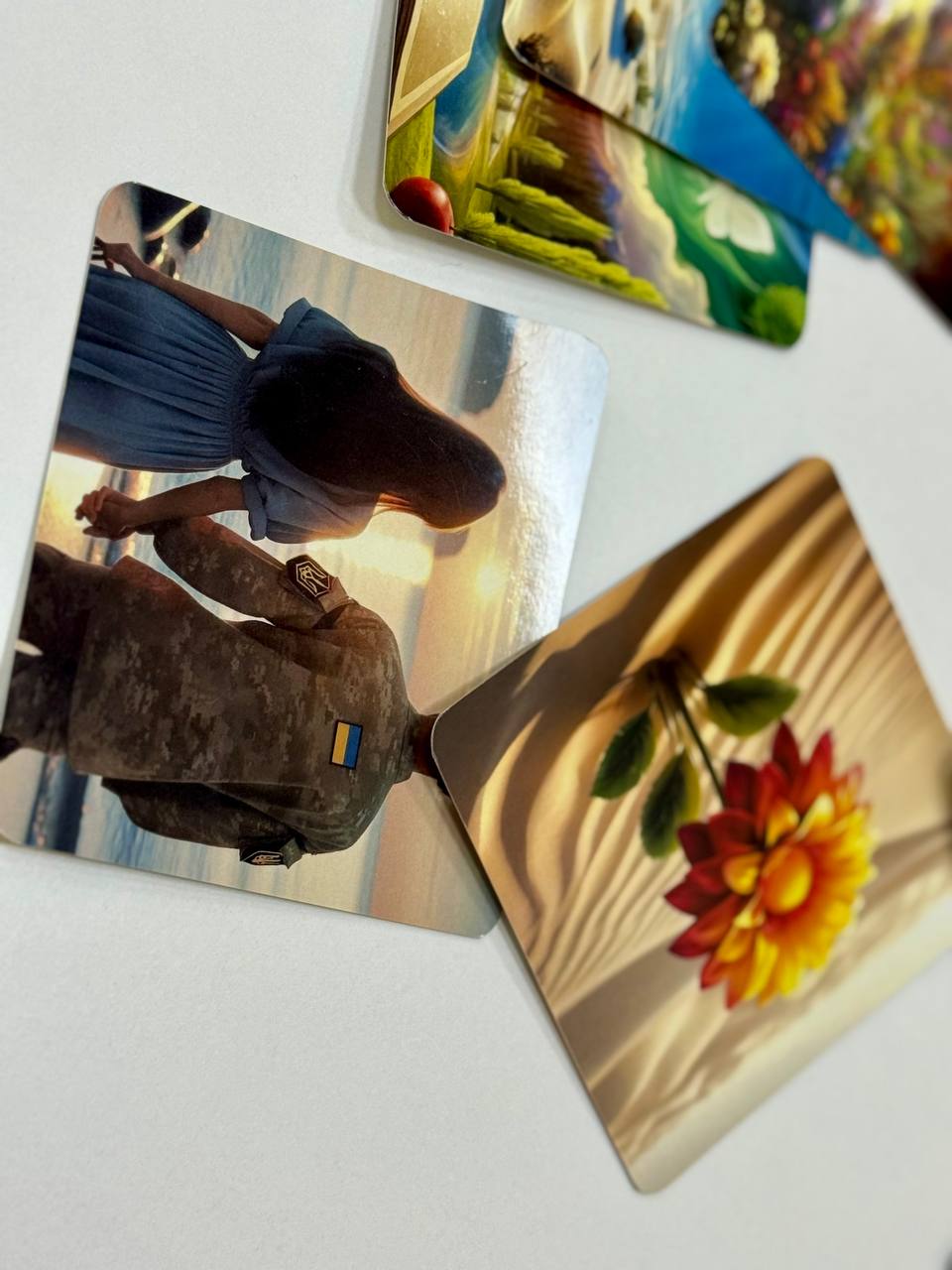
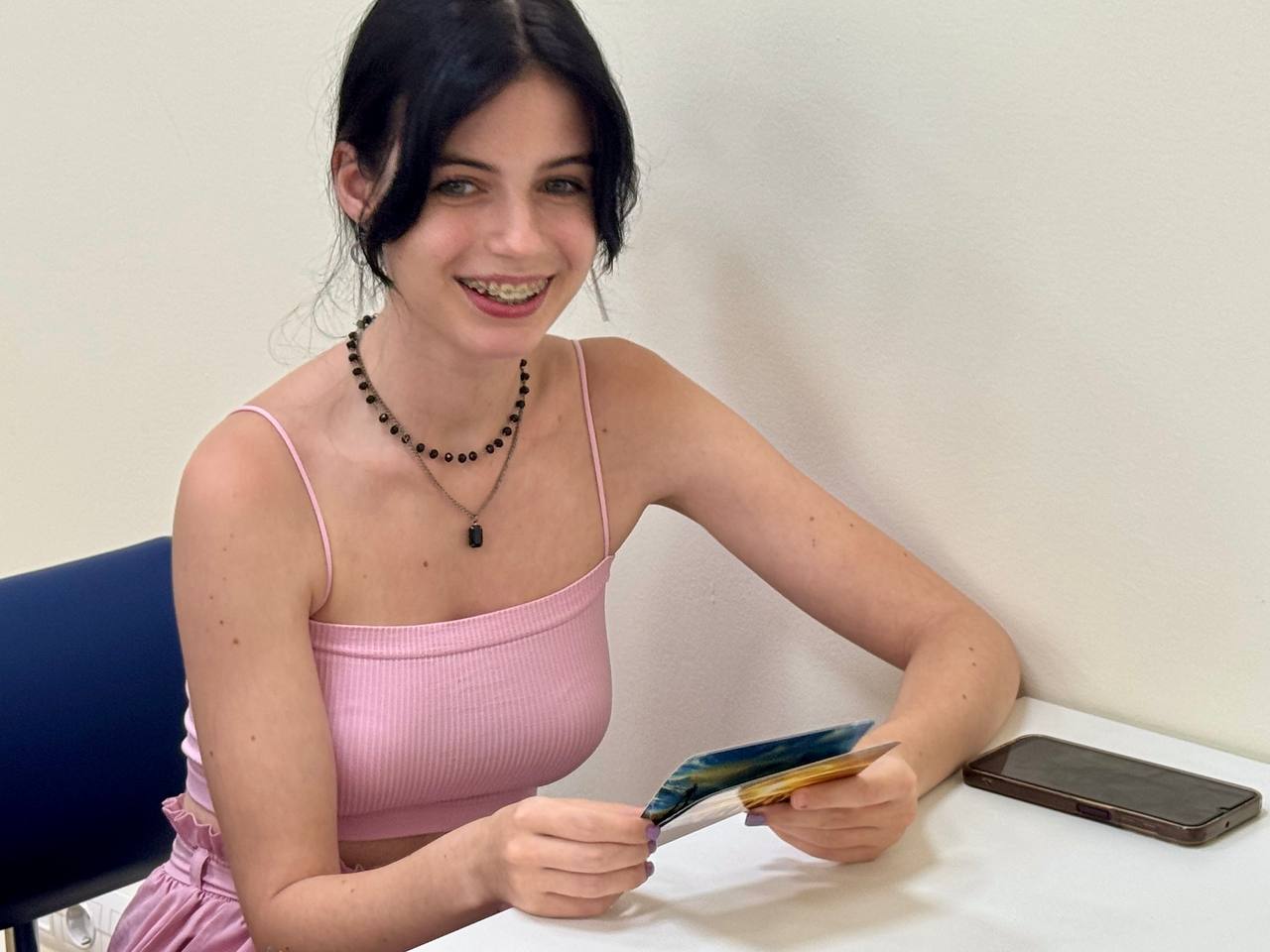
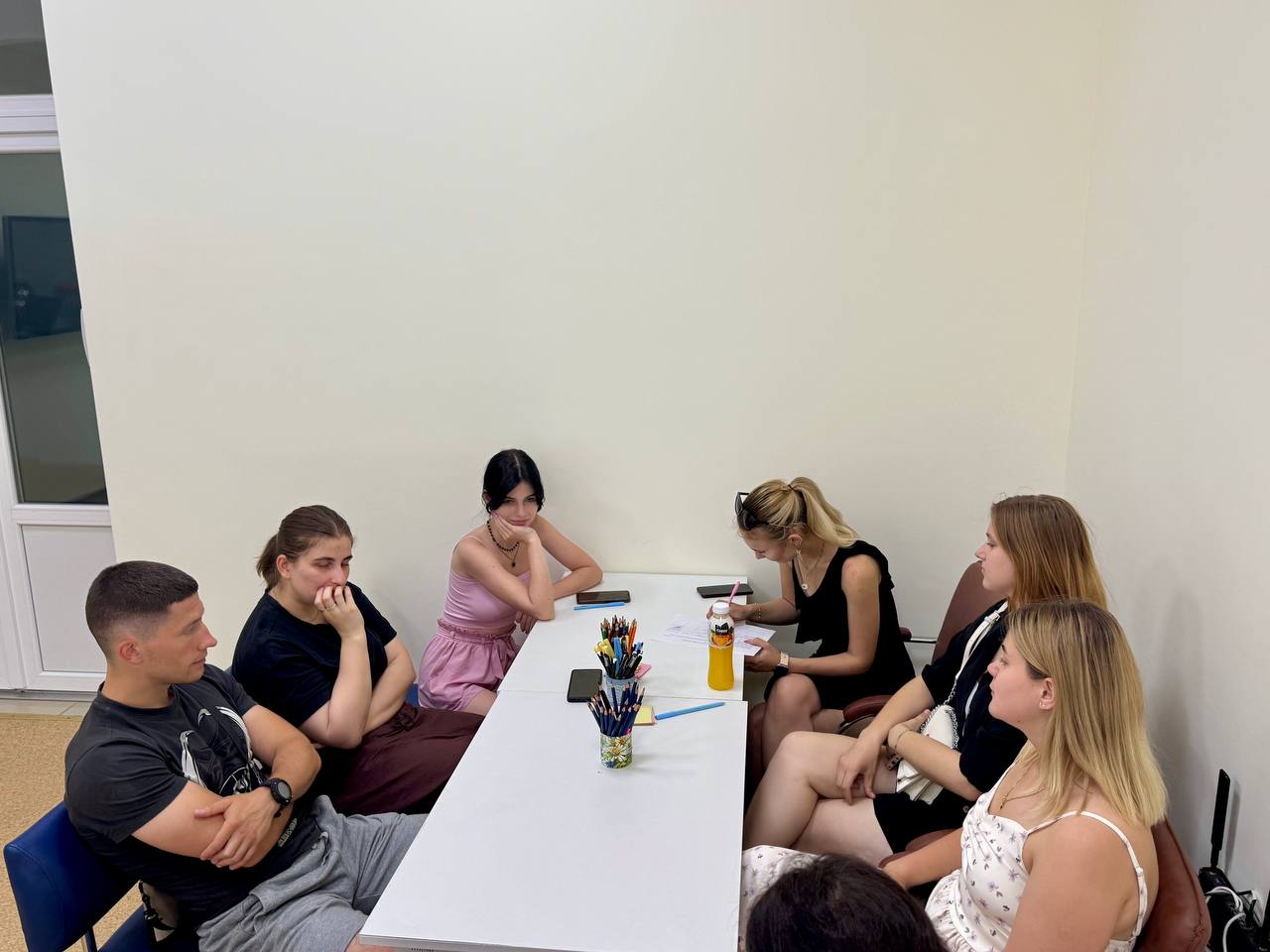
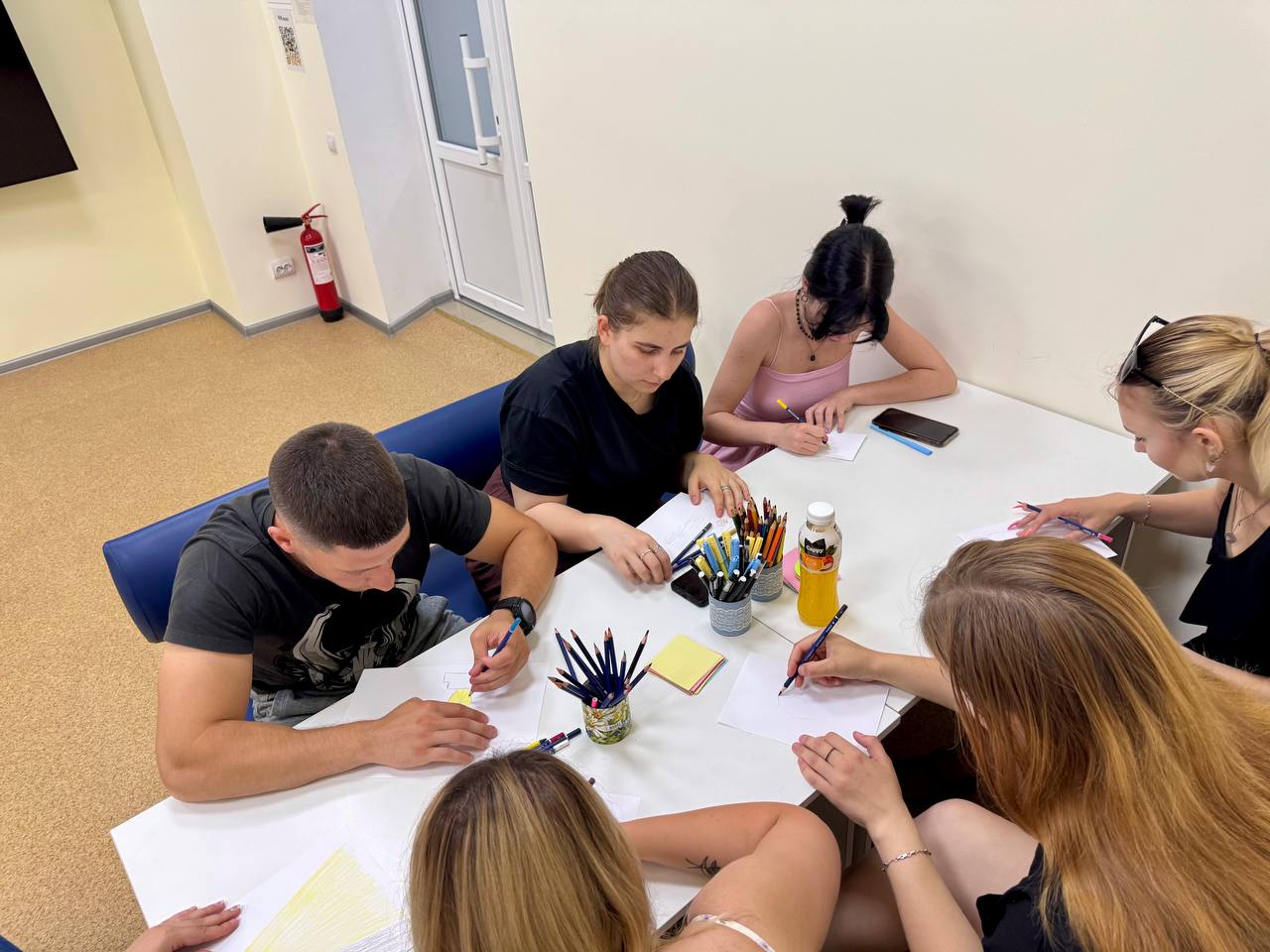
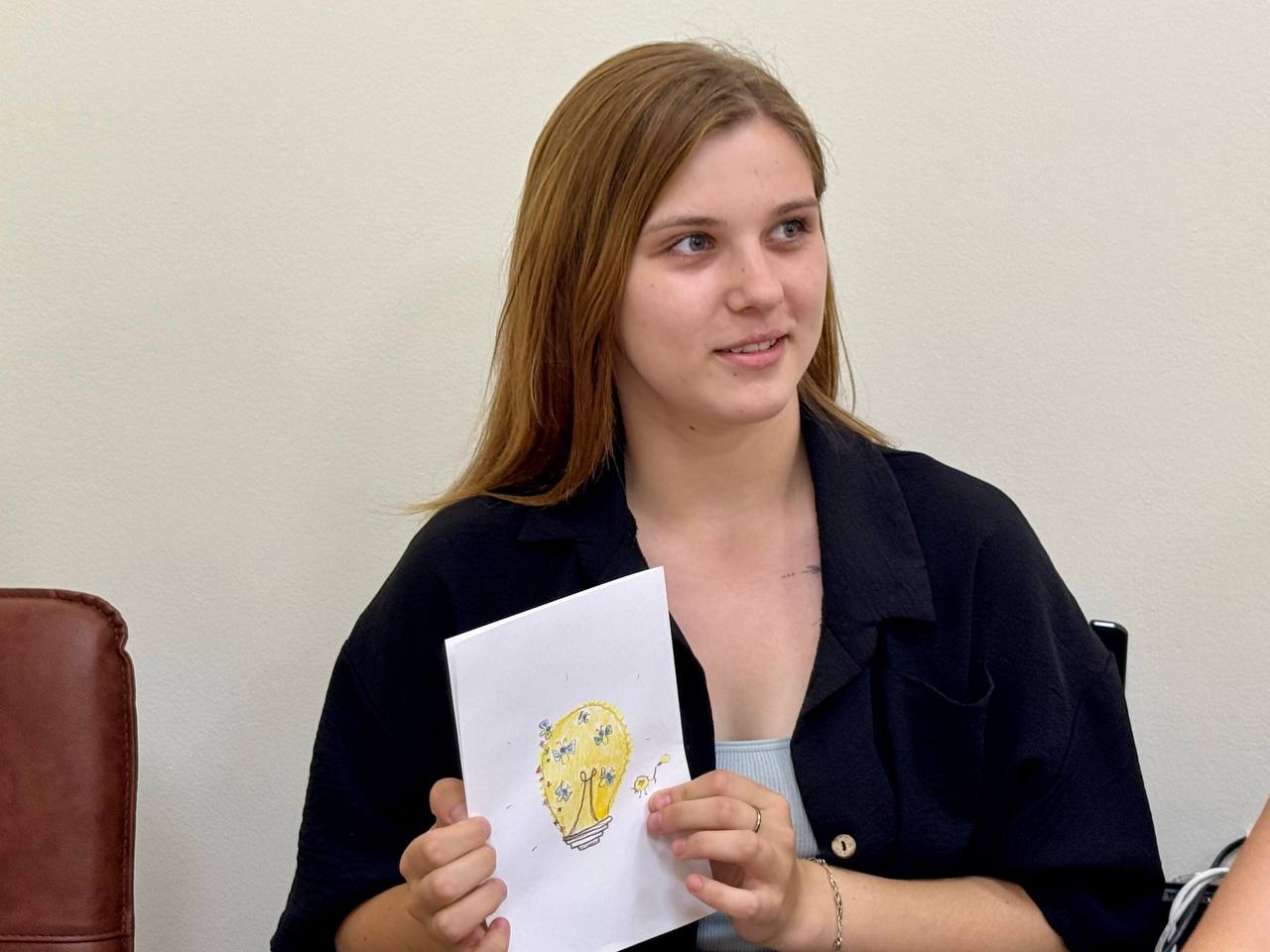
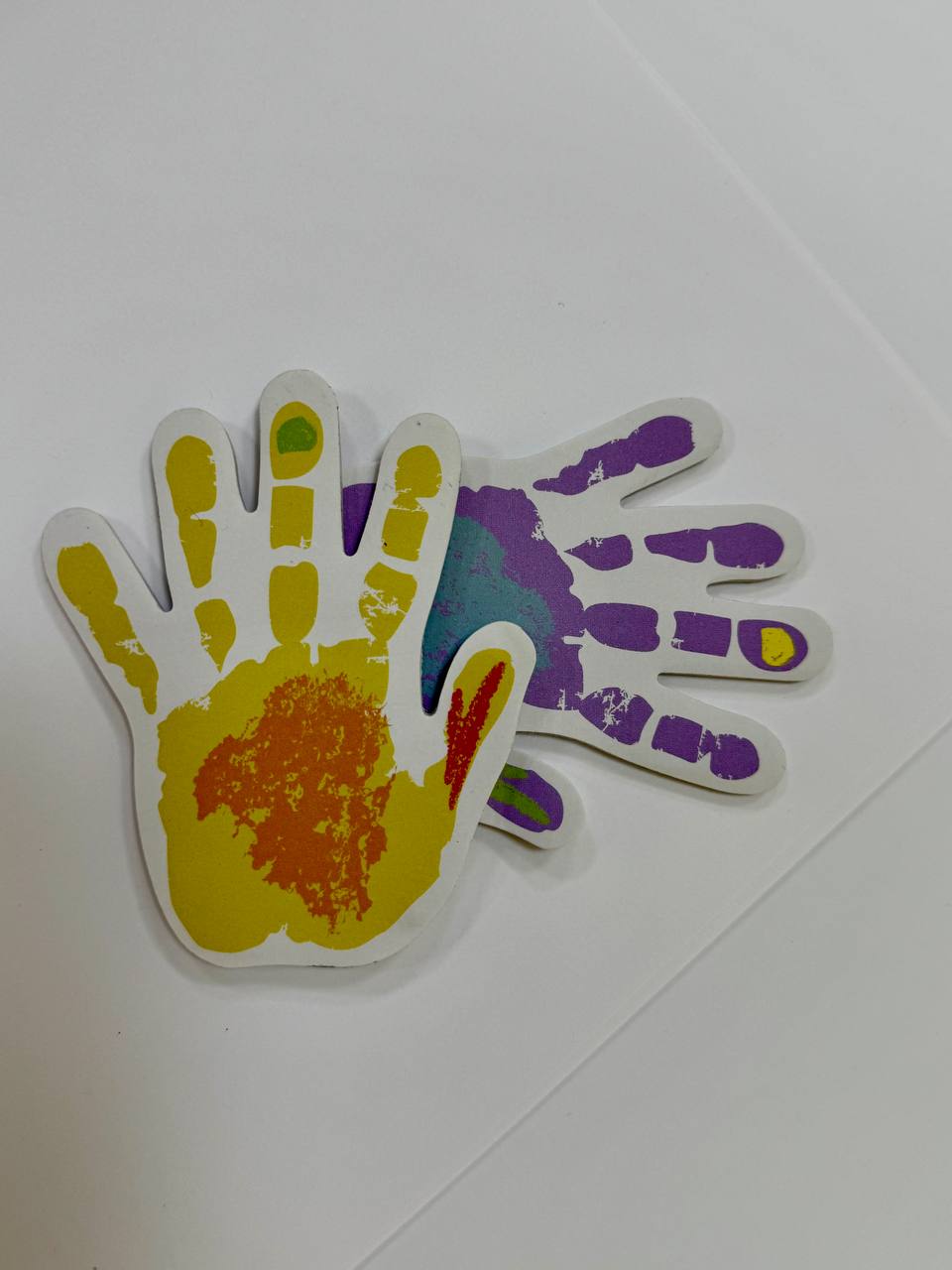
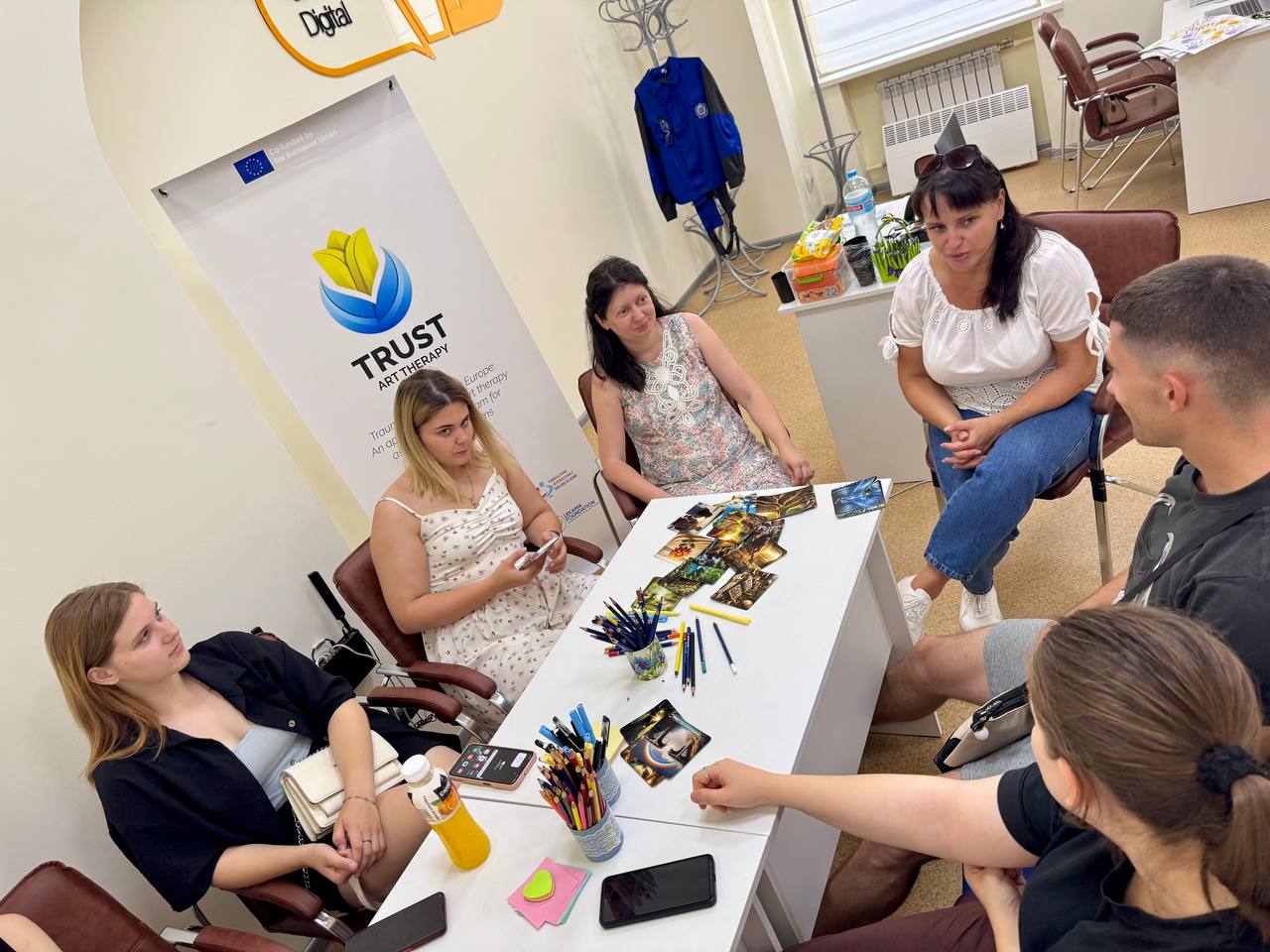
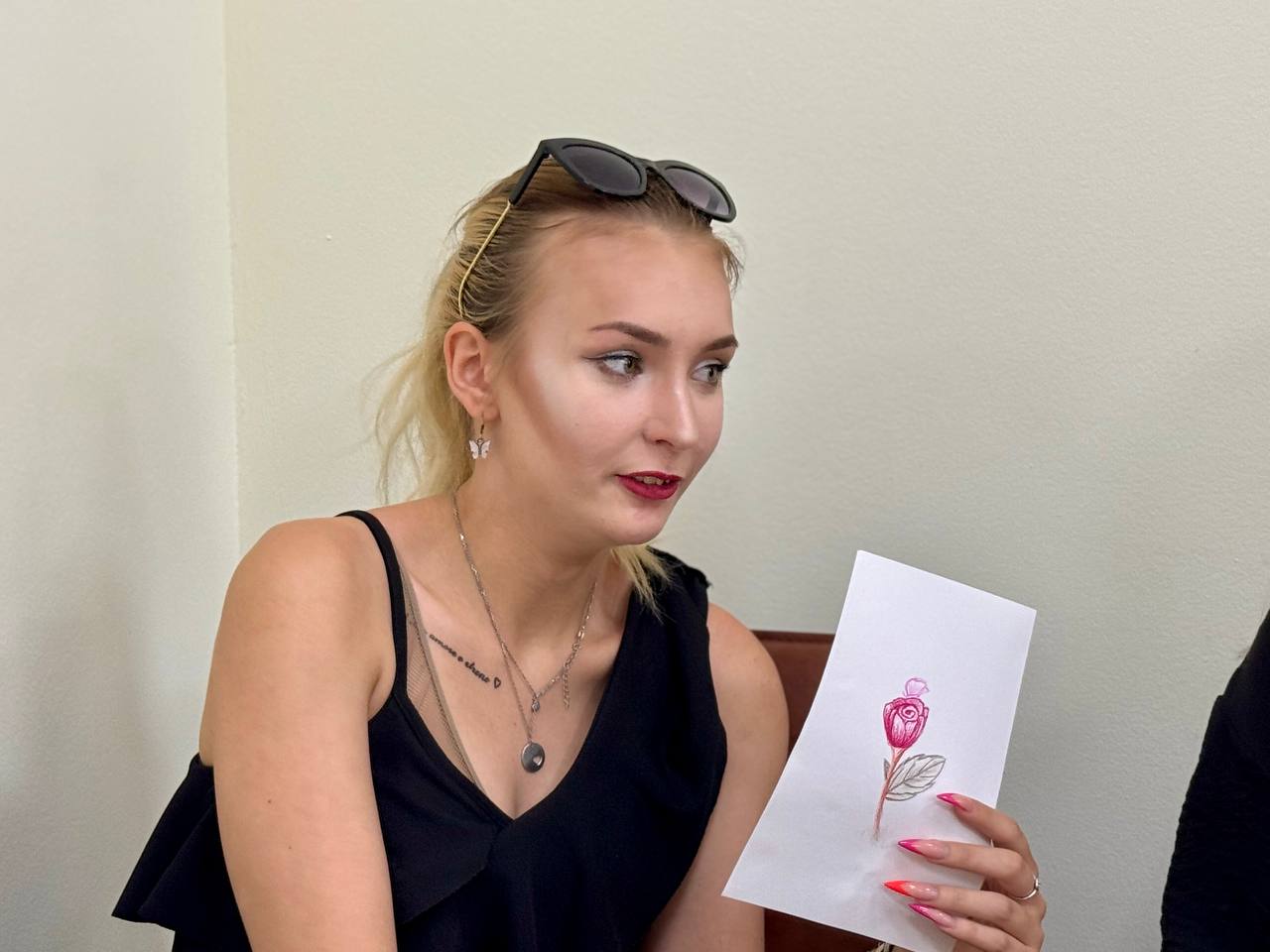
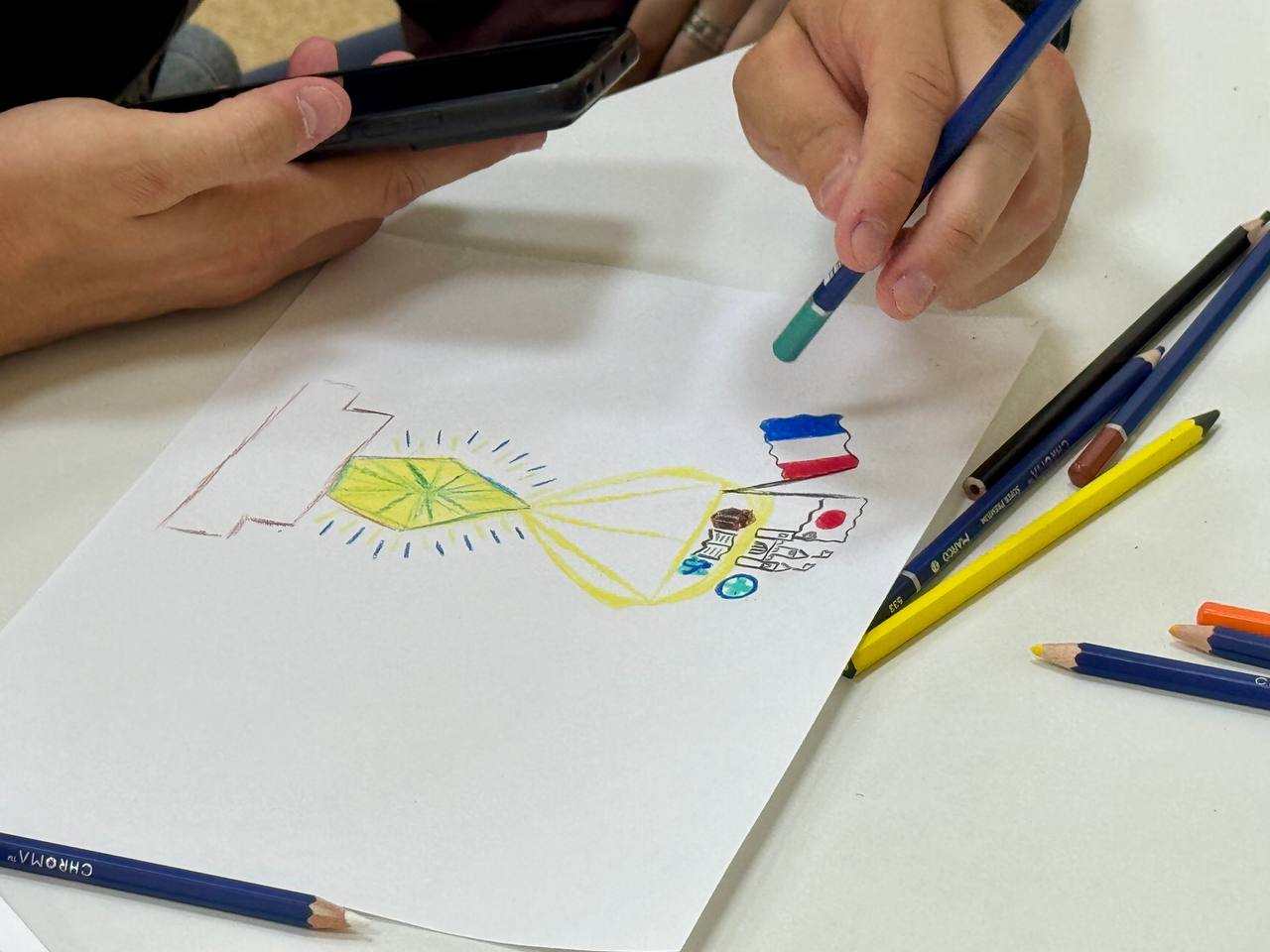
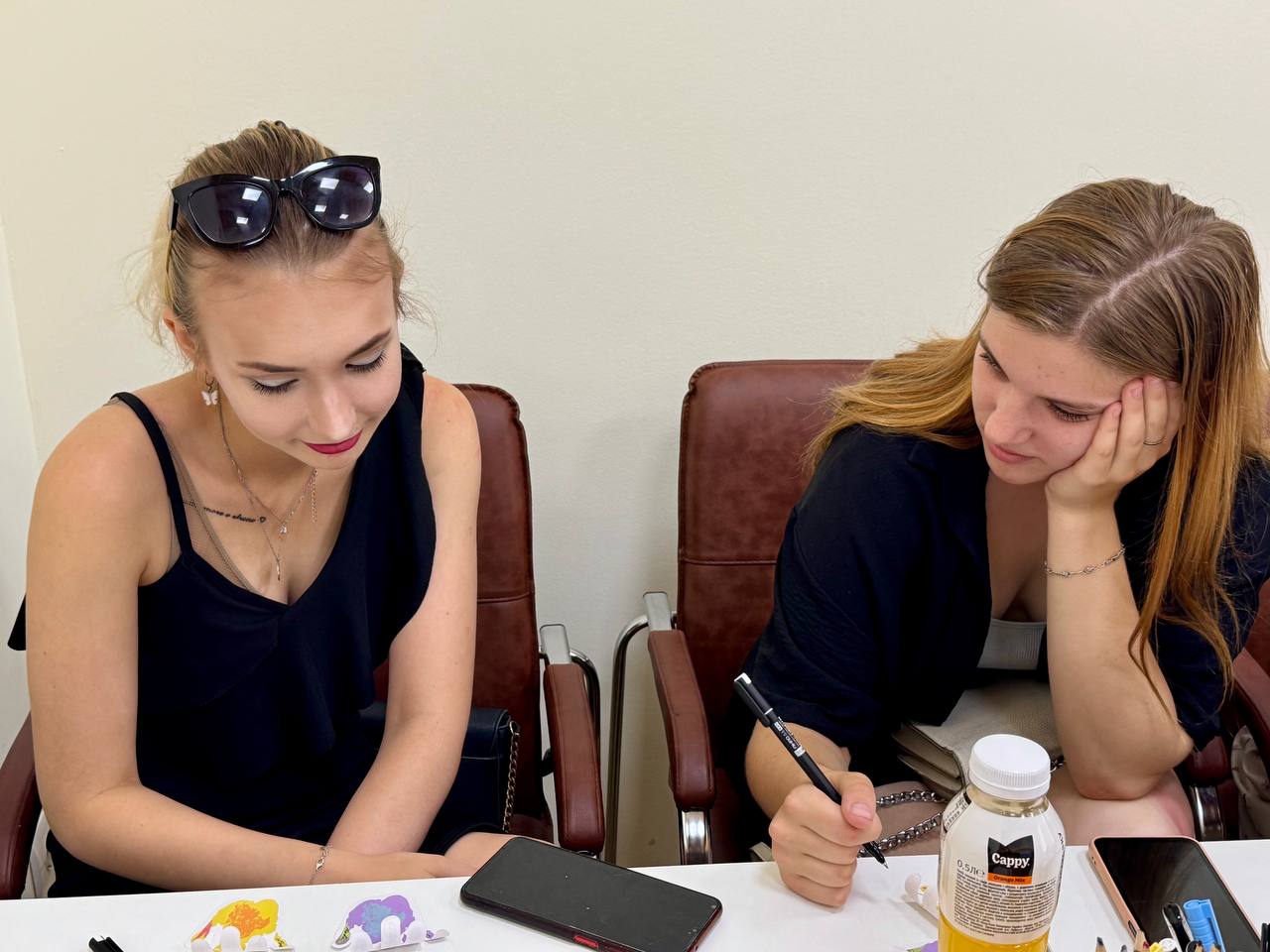
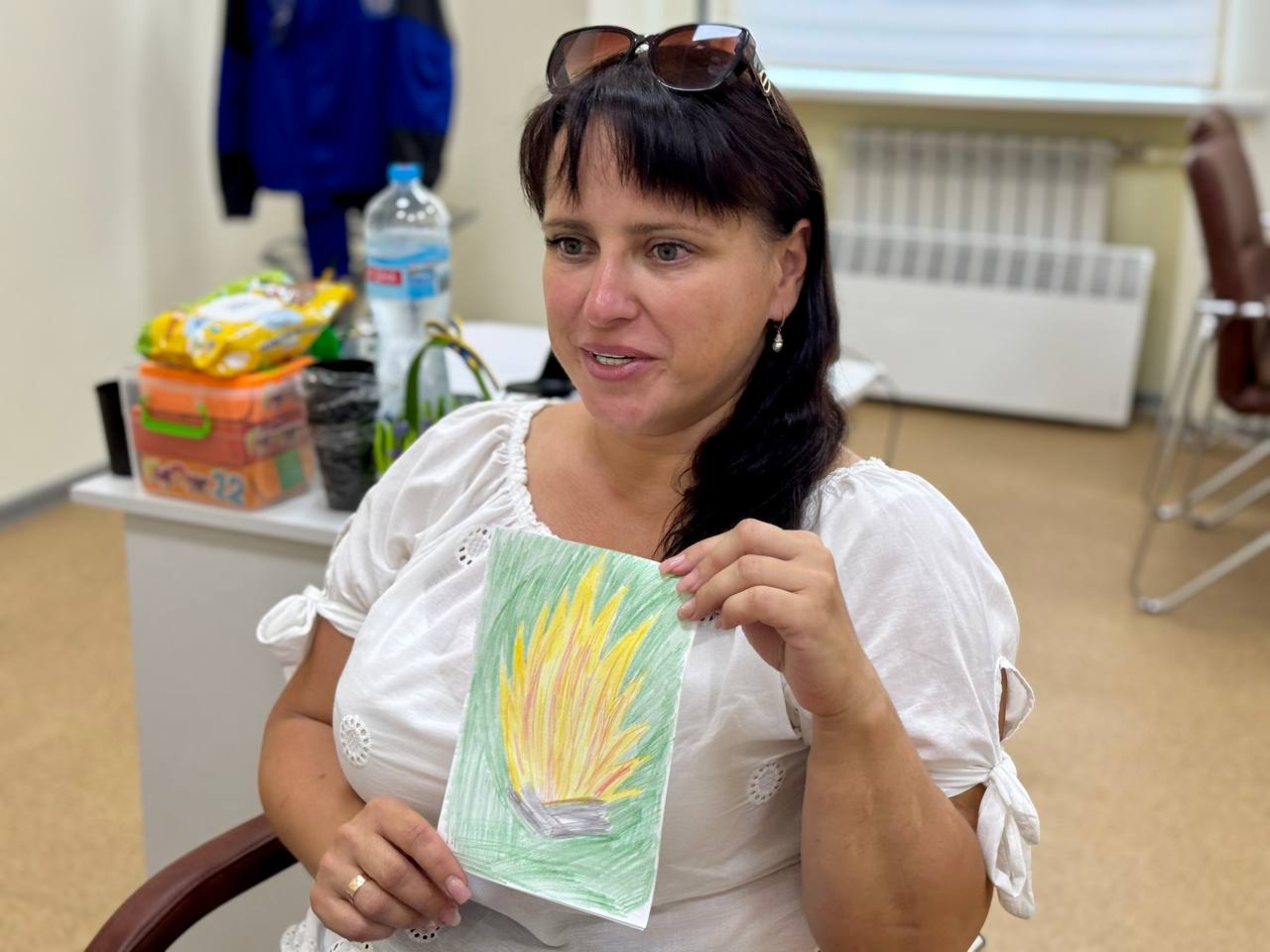
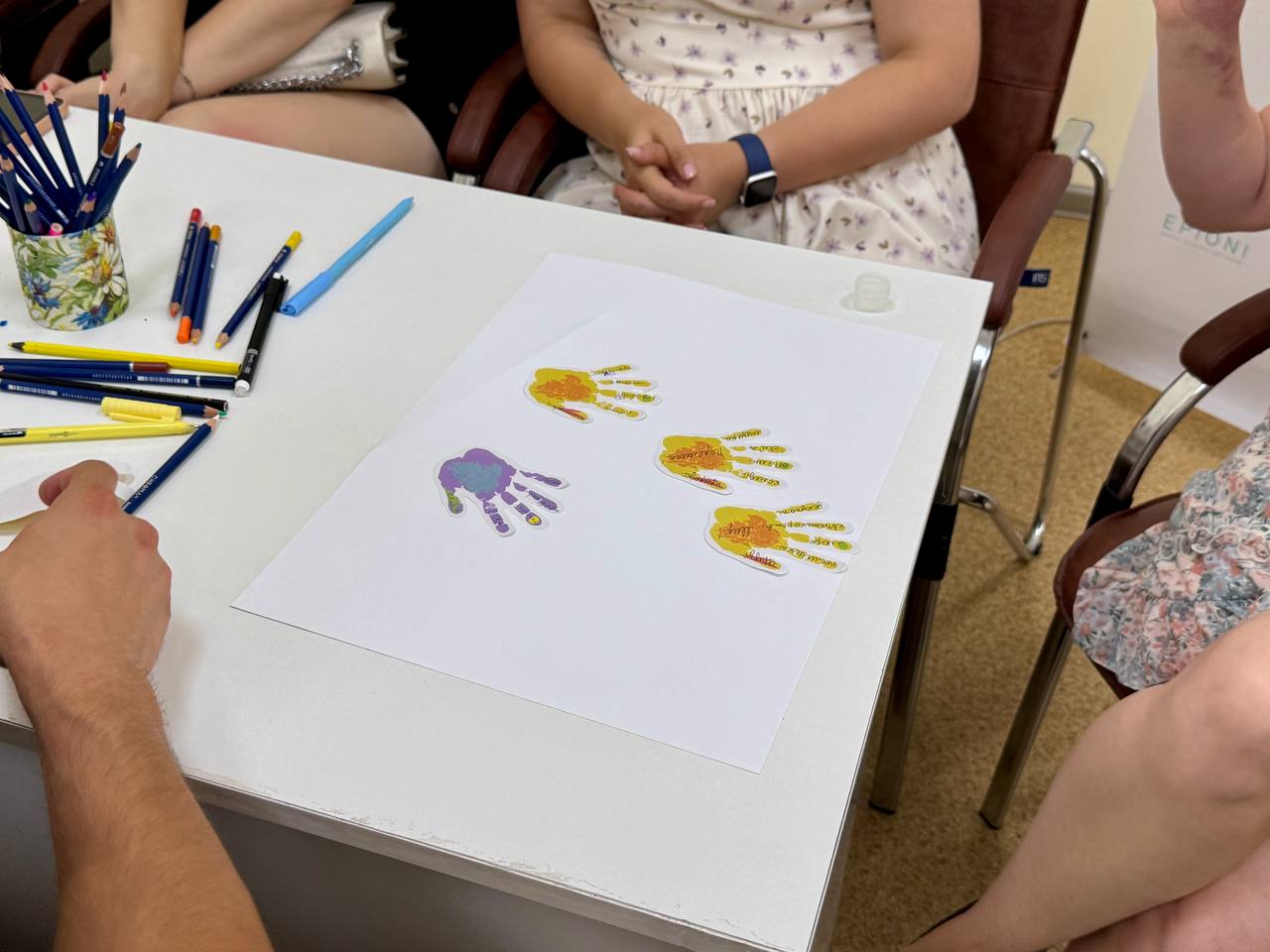
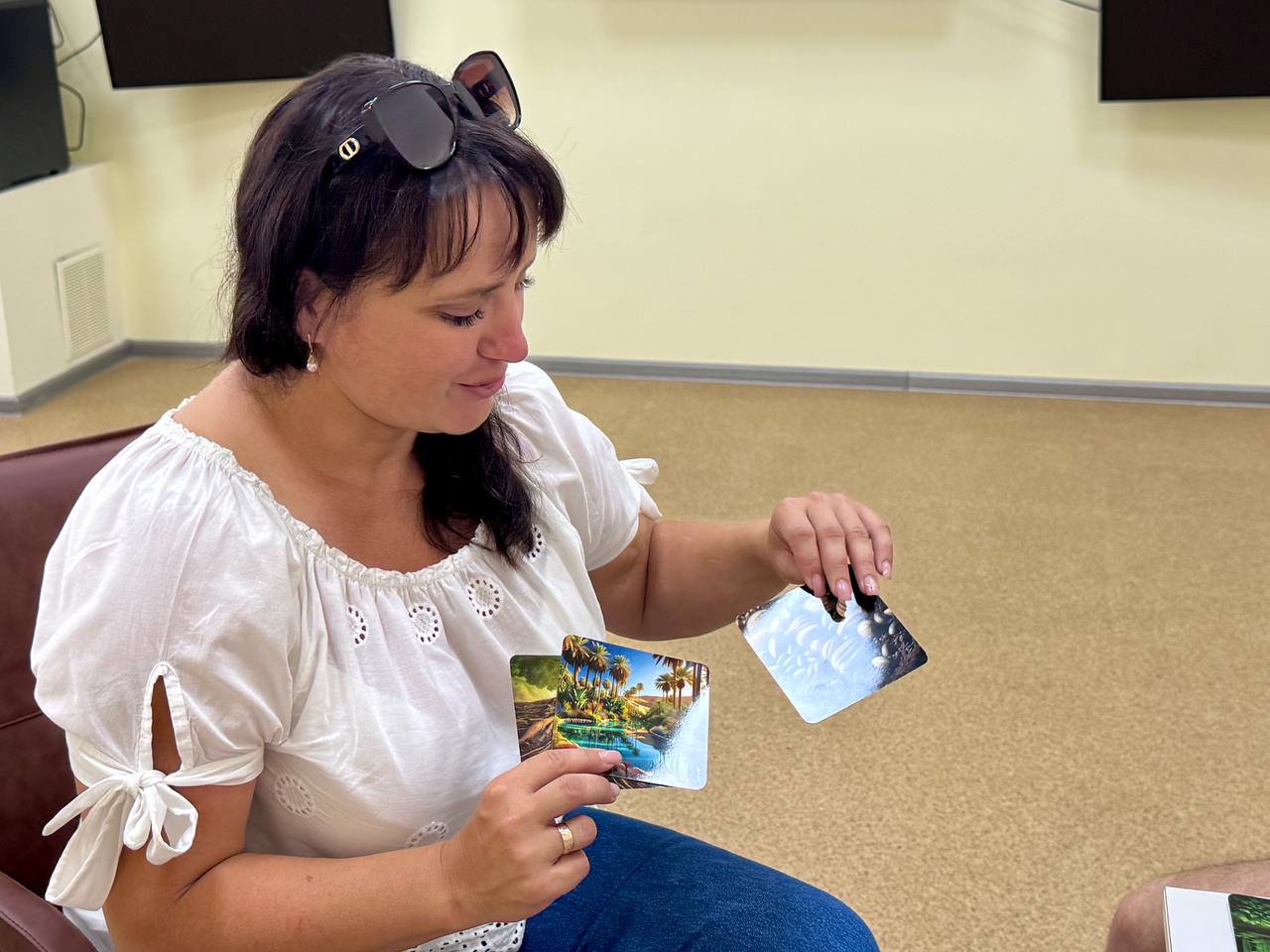
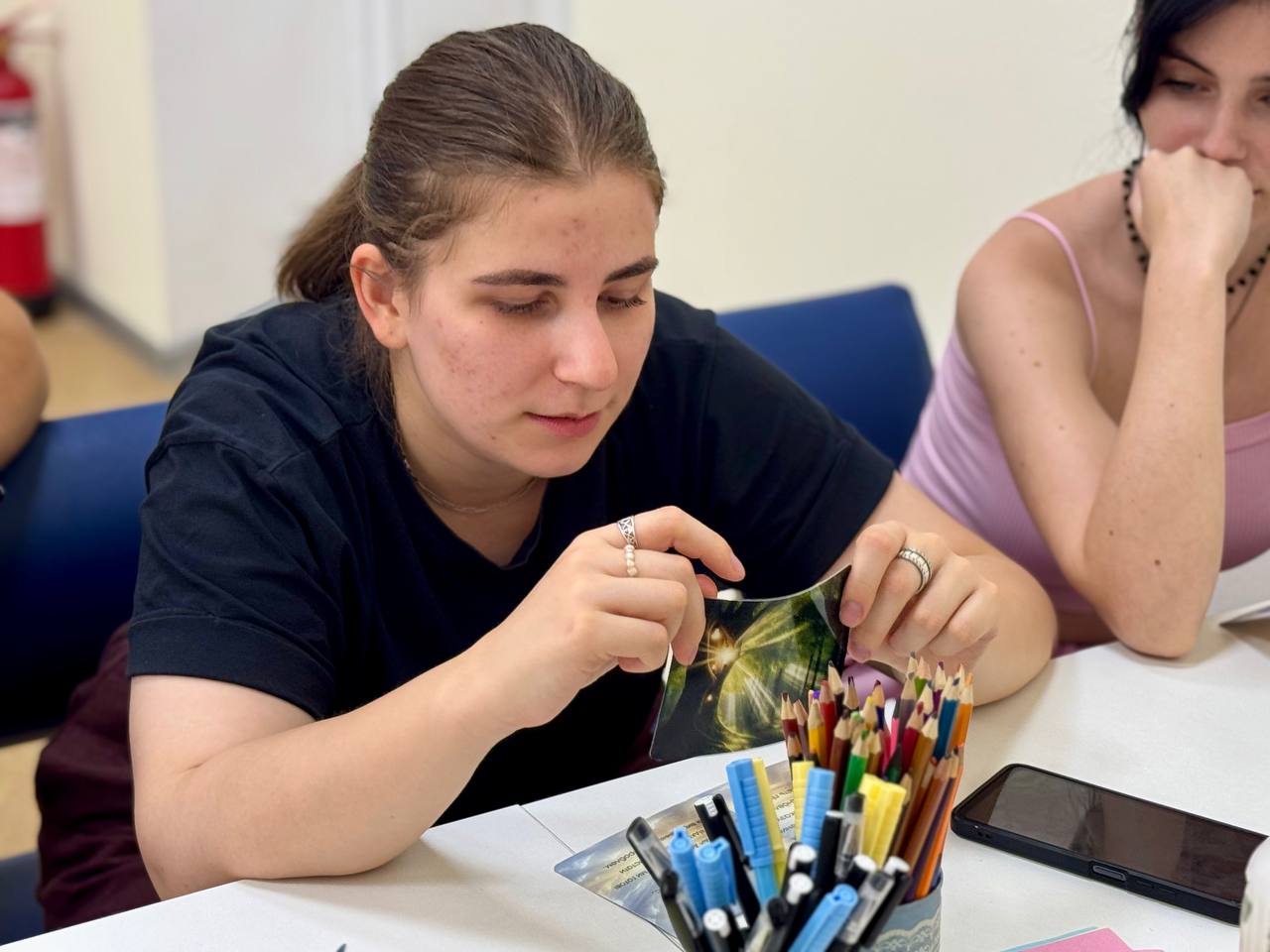
The “TRUST” project continues its mission of creating spaces for healing and hope because every person who has rekindled their inner light is one step closer to our shared, bright, and resilient future.
The session was held as part of the large-scale international Erasmus+ KA220-ADU project “TRUST” – Trauma of refugees in Europe: An approach through art therapy as a solidarity program for Ukraine war victims (Grant No. 2024-BE01-KA220-ADU-000257527).
The project title is decoded as follows:
TRUST
T – Trauma
R – Refugees
U – Ukraine
S – Solidarity
T – Therapy
The project is co-funded by the EU and led by the Centre Neuro Psychiatrique St-Martin from Belgium, in partnership with the National University “Yuri Kondratyuk Poltava Polytechnic” (Ukraine), Greek Carers Network EPIONI (Greece), Fondazione Don Luigi Di Liegro (Italy), Lekama Foundation (Luxembourg), EuroPlural Project (Portugal).
Media Centre of
National University “Yuri Kondratyuk Poltava Polytechnic”



